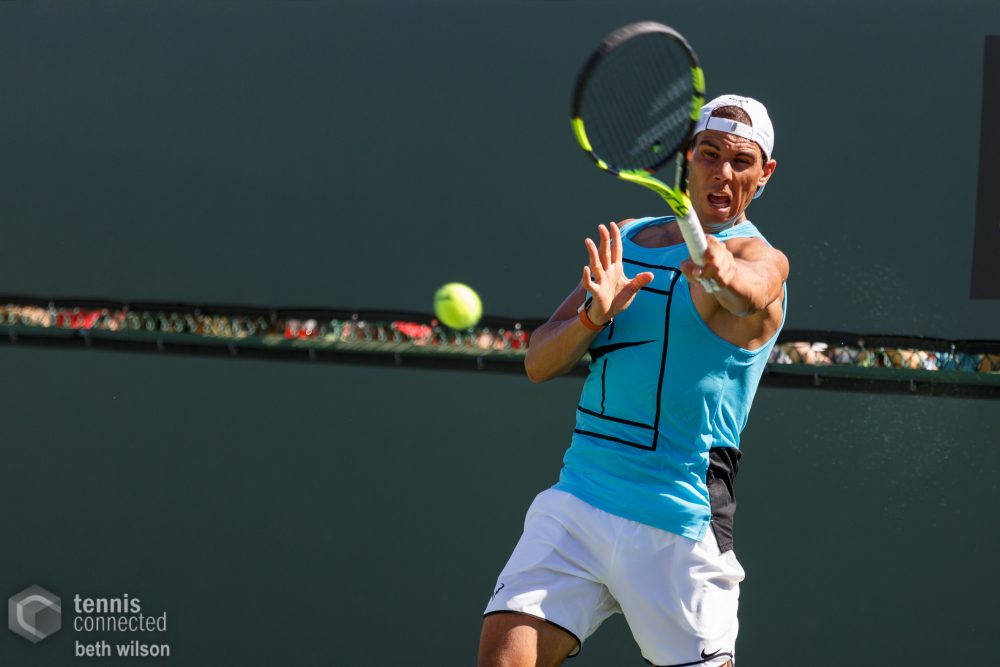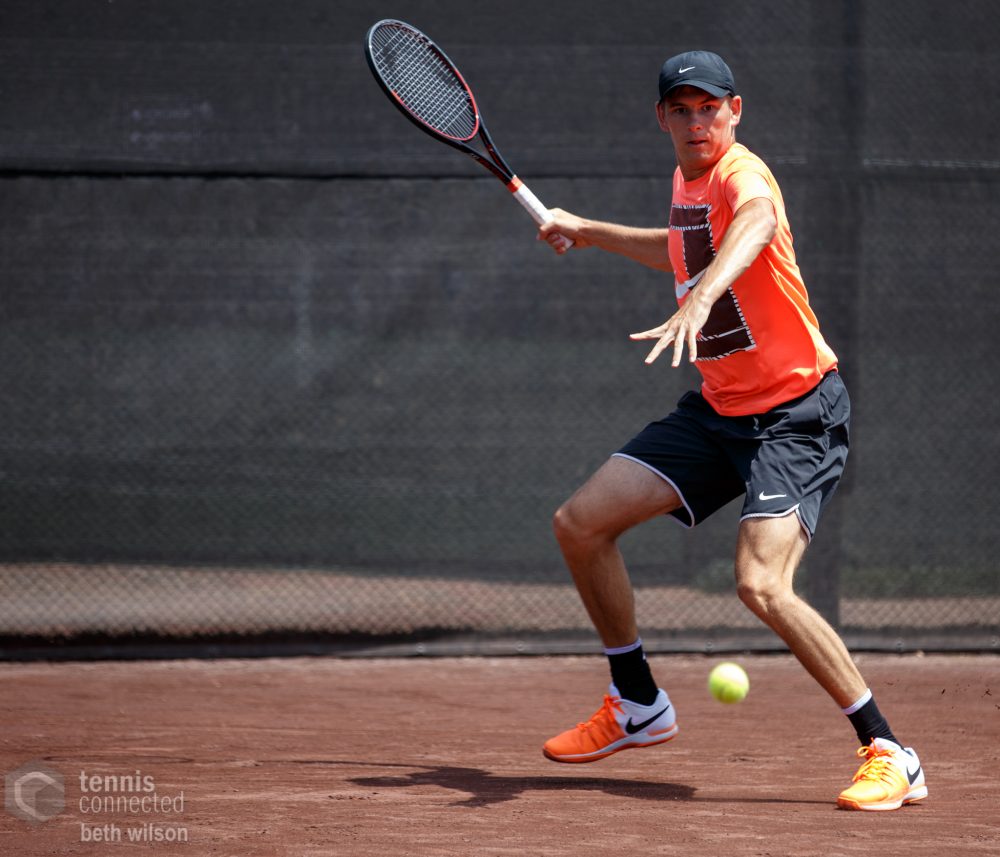Rafael Nadal Changed Tennis by Showing us how much he Loved It
The Legendary Spaniard Called it a Career this week in Malaga
This week, Rafael Nadal was asked what he’ll miss most about tennis. He said it came down to one word: “Adrenaline.”
“At the end of the day it is about the adrenaline you feel before, at the end, and during the match,” he said.
“This kind of feeling, adrenaline, it’s difficult to find outside of the professional sport, I think.”
When it comes to Rafa’s career, it’s hard to think of a more apt term. Adrenaline is what he felt on court, and it’s what he brought to tennis like few players before him.
It may be hard to remember now, but the Nadal Experience—the double-barreled fist-pumps, the leaping leg kicks, the scratchy cries of “Vamos,” the über-intensity, the unapologetic exuberance—came as a shock to tennis’s still-staid system when he arrived 20 years ago.
Guillermo Coria mocked his moves as akin to pro wrestling. Andy Roddick went out of his way to pummel, and thus silence, him in their first meeting at the US Open. Traditionalist fans rallied around Roger Federer’s classical calm, and regarded Rafa as an over-amped adolescent interloper bent on making the game more “brutal.” Spain’s Davis Cup captain at the time, Jordi Arrese, worried that young Rafa would cramp up just from celebrating too much. Andre Agassi was skeptical that he could maintain his full-throttle style for long. “He’s writing checks that his body might not be able to cash,” he said of Nadal in 2005.
Rafa, who always played with trance-like concentration and never seemed to care what anyone outside his inner circle thought of him, didn’t change anything about his approach. Instead, he won us over, and changed the sport in the process.
Unlike the reserved and reticent tennis stars of old, Nadal connected with fans by showing us how much winning and losing meant to him. Unlike the bad boys of old, he was upbeat about it; no tantrums or curse words or smashed racquets or negative vibes from Rafa. Tennis was theater for him, but everything in his performance was directed toward the ultimate goal of winning. In his wake, we’ve seen more male stars, from Novak Djokovic to Juan Martin del Portro to Andy Murray to Carlos Alcaraz to Frances Tiafoe, show us what they’re feeling. Not everyone can be as positive as Nadal, but these players bring us inside their matches and make us care about them.
Nadal did change the game as a player as well. He was the first clay-court specialist not to see himself as a clay-court specialist. Winning Wimbledon, not Roland Garros, was his childhood dream, and from there he went on to win every big title on every surface. He started with the grinding consistency and mental stamina of the dirt-baller, but that was never going to be enough for him. Over the years, he built a forehand-based attack on top of his defenses. Today, the forehand is the most important shot in men’s tennis. Young players are taught to set up their rallies so they can hit as many of them as possible; in other words, they’re taught to play like Rafa.
Still, it’s the emotion that is his greatest gift to tennis. Twenty years ago, Nadal upset the ATP apple cart and made fans take sides between him and Federer—most took Federer’s at first. On Tuesday, after his final Davis Cup match in Malaga, the love for him around the game was universal. It came not just from the Spanish fans in the building, but from the fans of their Dutch opponents as well. The spectators in orange sang for “Ra-fa” just as loudly as the spectators in red.
Together, they were celebrating a 22-time Grand Slam champion. But they were also celebrating a champion who had showed us everything he felt, who never gave the paying customers anything but his best, who cared enough that he made us care back. Rafa let the emotional genie out of the bottle in tennis. His legacy will be the passion that we’ll continue to see, and the adrenaline we’ll continue to feel, from the greats who follow in his footsteps.























I’ve been reading your comments on rafa for over 2 decades!
I’ve been reading your comments on rafa for over 2 decades! And I could notnrver imagine that he has stayed this long! So grateful for his longevity and the passion he showed.